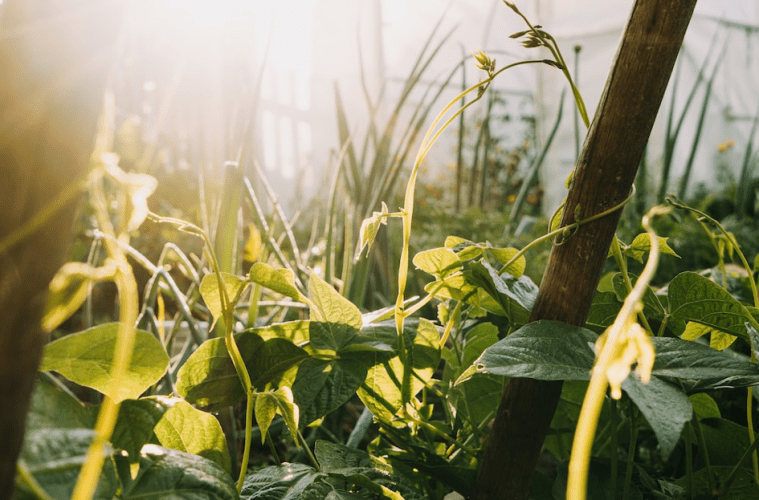The expression and concept of “permaculture” originated in the 1970s, although the practice itself dates back much earlier. The principle is to maintain a living soil by promoting the presence of fungi, insects, moisture, and other elements that contribute to soil fertility. In Tunisia, many farmers rely on this practice.
The extreme drought affecting the country poses a challenge for permaculturists who strive to maintain soil moisture levels by covering them with natural vegetation, animal manure, or crop residues (such as leaves and stalks). Water retention is prioritized over irrigation, homemade seeds are used, and natural repellents replace pesticides.
For many, the goal is to ensure a more resilient food production system that is less reliant on external inputs and can withstand climatic uncertainties. Some permaculturists complement their activities by offering accommodation and eco-tourism services.
The Tunisian Permaculture Association (ATP) provides free training to Tunisians interested in starting this type of farming and supports them in the initial stages. Through the “Plant Your Farm” project, ATP has already established 30 micro-farms, and an additional twenty are planned within the next five years.
With the financial support of a Swiss fund, the association promotes eco-responsible practices and contributes to job creation for young people.
Source: GoodPlanet.info




